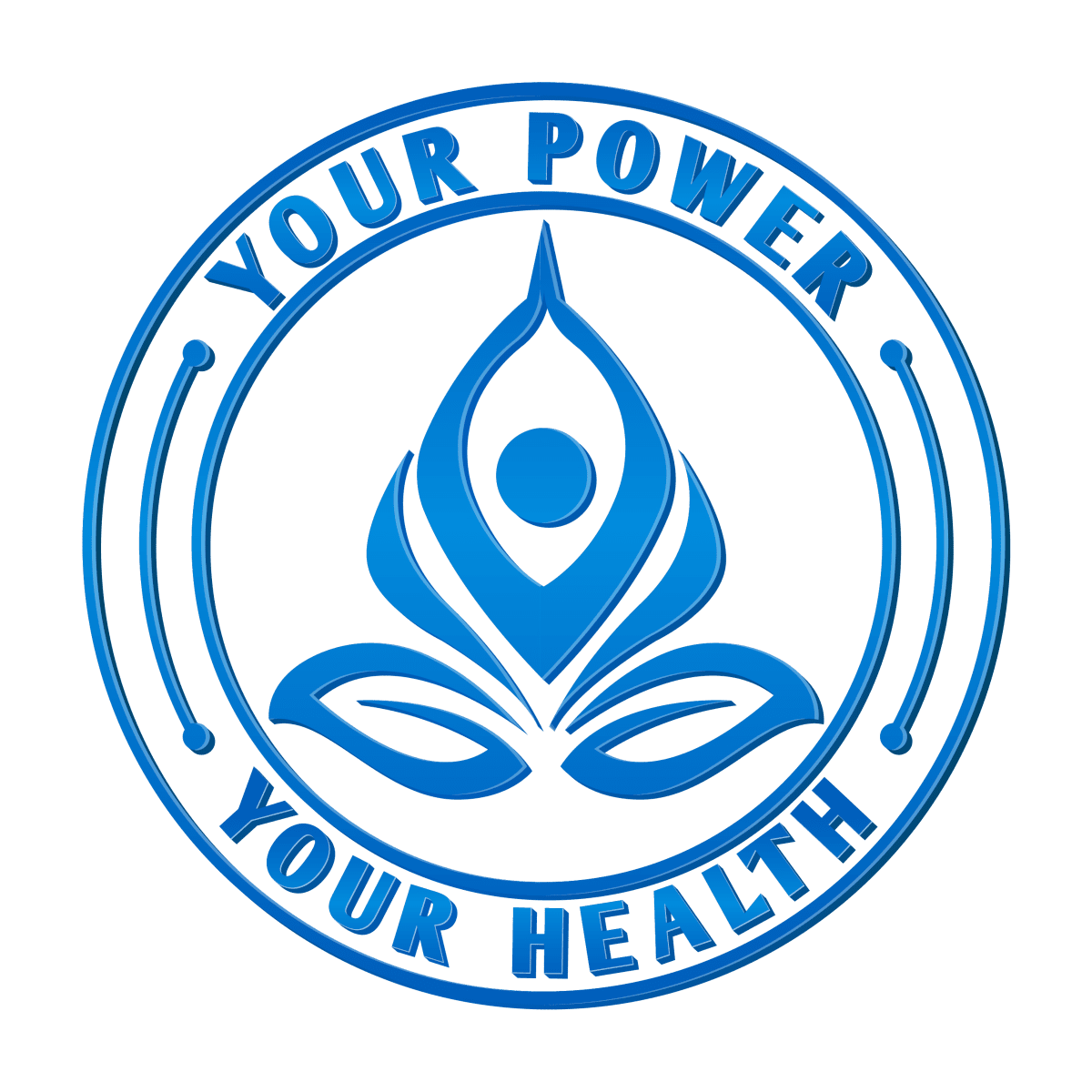Don’t you just hate when the temperature reaches a balmy 95 degrees with what seems like 100% humidity and someone asks…”hot enough for ya?” I feel like saying, “not yet, could you please set me on fire?” Today was the hottest in recent memory, although in the past several years, we seem to be having more and more of these excessively hot days all over the country.
So what should you do when it gets this hot? You should be aware of the signs of heat exhaustion and remedy that so it doesn’t turn into heat stroke, which can be fatal.
What do these two health concerns look like?
Heat Exhaustion – this happens when your body becomes too hot. If not treated timely, it can quickly turn to heat stroke. What are the symptoms?
- muscle cramps
- excessive sweating
- cold and/or clammy skin
- weakness
- confusion
- dizziness
- headache
- accelerated heartbeat
- nausea or vomiting
- dark colored urine indicating dehydration
Heat Stroke – this happens when your body temperature reaches 104 degrees Fahrenheit. Results can be serious and even fatal. It can cause shock, organ failure or brain damage. In addition to the symptoms indicated for heat exhaustion, look for the following.
- body temperature of at least 104 degrees Fahrenheit
- flushed or red skin
- lack of sweat
- labored breathing
- fainting
- seizures
These conditions occur when the body in unable to keep itself cool. When the outside temperature rises, your body sweats to stay cool. It becomes more difficult for this process to occur during hot, humid weather. Once your body is unable to cool itself, you will become ill.
One of the main causes of heat-related illness is exercising in very hot, humid weather. Once the heat index (temperature plus the effects of the humidity) hits 90 degrees Fahrenheit, your risk for heat-related illness increases dramatically. If a person is showing signs of heat distress, check for a temperature of 104 degrees or higher and seek medical attention immediately if it reaches that level.
What can you do if someone is suffering from heat distress of any kind?
- get out of the heat as soon as possible or at least in shade
- lie down and elevate the legs. This helps keep the blood flowing to the heart.
- remove any tight or extra clothing
- apply cool damp towels to the skin or if possible, take a cool bath
- drink fluids, especially water, in sips not gulps
- avoid fluids with caffeine of alcohol
If the temperature does not improve or go below 102 degrees with thirty minutes, or the person faints, goes into shock or has seizures, the person is not breathing, call 911.
Avoid heat exhaustion or heat stroke by:
- staying out of the heat during the hottest part of the day, between 10:00am and 6:00pm
- wear loose-fitting, light-colored clothing
- stay hydrated with water and non-alcoholic, non-caffeinated beverages, preferably not sweetened
- take breaks throughout the day if you must be outside
There are several medications that could make you more vulnerable to heat related issues. Be sure to read and understand the side effects of medications you might be on so you aren’t sorry later.
In these dog days of summer, it’s really important to pay attention to what your body is telling you. Don’t ignore any of the symptoms I have shared. Even if you just don’t feel right, take a break, get some water, and cool off before you continue what you were doing. Enjoy the sunshine!
As a health coach, I work with women who are facing serious health challenges like heart disease, metabolic syndrome and diabetes or who have been diagnosed as having a precursor to a serious health issue such as high blood pressure, high cholesterol or high blood sugar. I help them make food and lifestyle changes so they can get healthy, live longer and enjoy a fuller, happier, more energetic life. If you would like to have a free consultation about the health challenges you have and the improvements you would like to see in your health, click here to schedule a no strings attached call.






